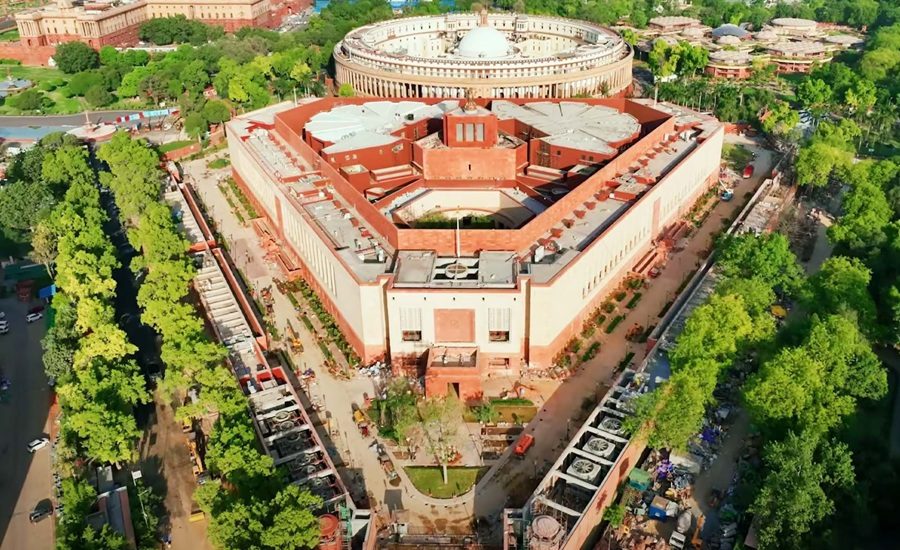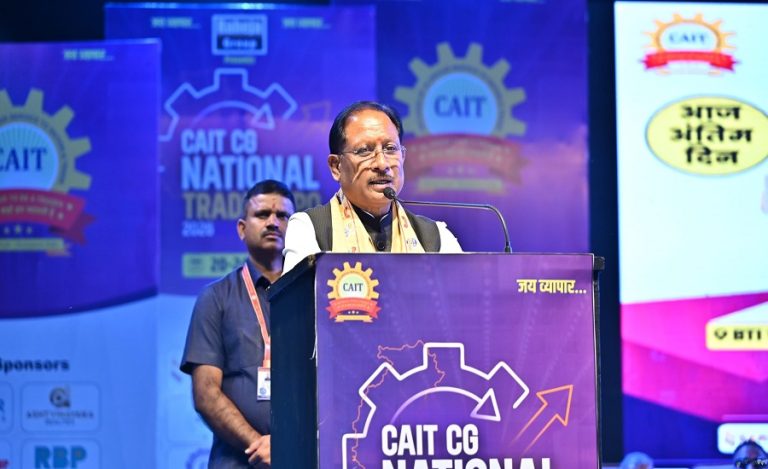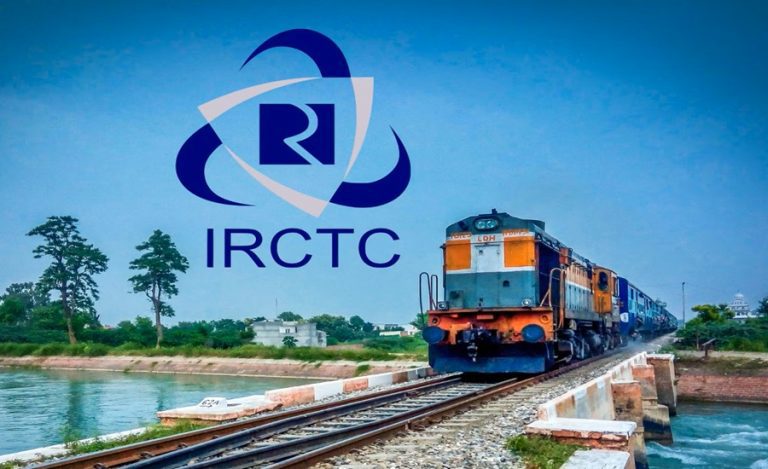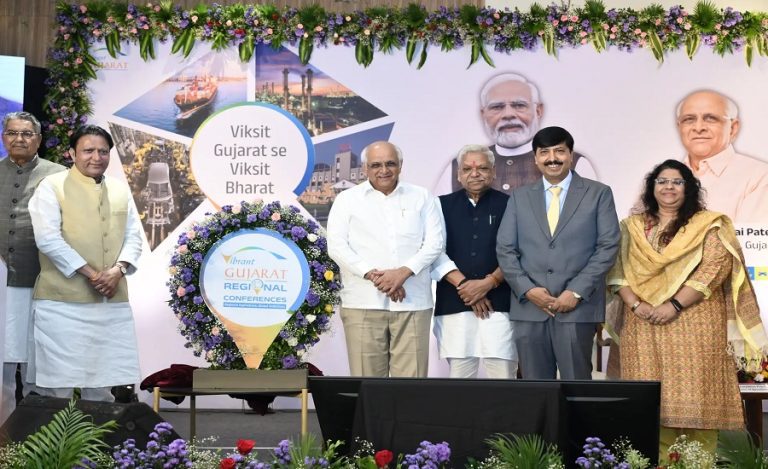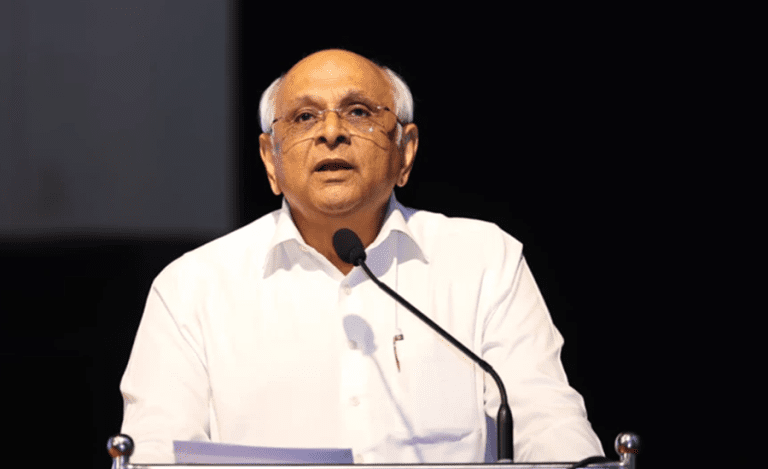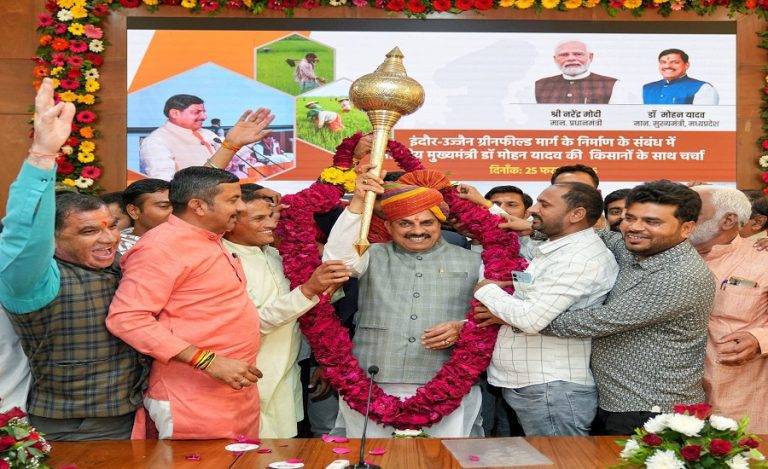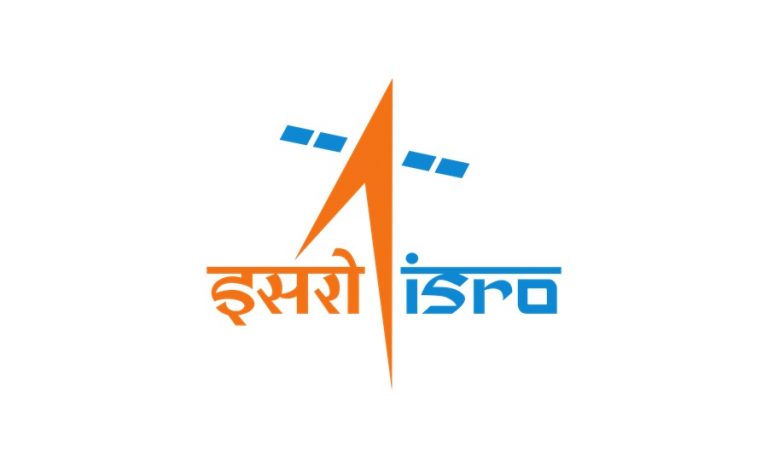New Delhi: The Government of India has set its sights on a transformative goal — establishing at least one nuclear power plant in every state as part of its long-term energy security and clean energy strategy. This ambitious vision aligns with the Nuclear Energy Mission, which aims to expand nuclear power capacity to 100 GW by the year 2047.
Responding to questions in the Rajya Sabha, Union Minister Dr. Jitendra Singh confirmed that site selection for nuclear plants depends on multiple technical and environmental criteria. These include factors like land availability, proximity to reliable water sources, favorable geological conditions, and strict seismic safety standards, especially ensuring that proposed sites do not fall within seismic zone V or near active faults.
Current Projects and Expansion Plans
To accelerate capacity, the Government is already implementing a fleet-mode rollout of ten indigenous 700 MW Pressurised Heavy Water Reactors (PHWRs). This strategic push is supported by early equipment procurement, mega EPC contracts, advanced construction techniques, and Quality and Cost Based Selection (QCBS) methods to shorten project timelines.
At present, India’s nuclear power capacity stands at 8,780 MW (excluding RAPS-1). Projects under construction are expected to raise this to 22,380 MW in the near term. Notably, four large reactors are being built at Kudankulam in Tamil Nadu — units 3, 4, 5, and 6 (each 1,000 MW), while a 500 MWe Prototype Fast Breeder Reactor is also under development at Kalpakkam.
The roadmap includes both indigenous reactor deployments and collaborations with foreign partners for large-scale nuclear projects.
Raising Nuclear Power’s Share in India’s Energy Mix
Nuclear energy currently accounts for approximately 3.1% of India’s total electricity generation. In 2024–25, nuclear plants contributed around 56.7 billion units out of a national total of 1,830 billion units.
The Government plans to significantly boost this share by strategically deploying new plants across states, enabling a balanced regional spread of clean base-load energy. Establishing nuclear infrastructure state-wise is expected to improve energy accessibility, reduce fossil fuel dependency, and support India’s climate commitments.

